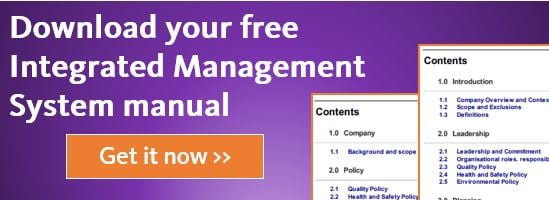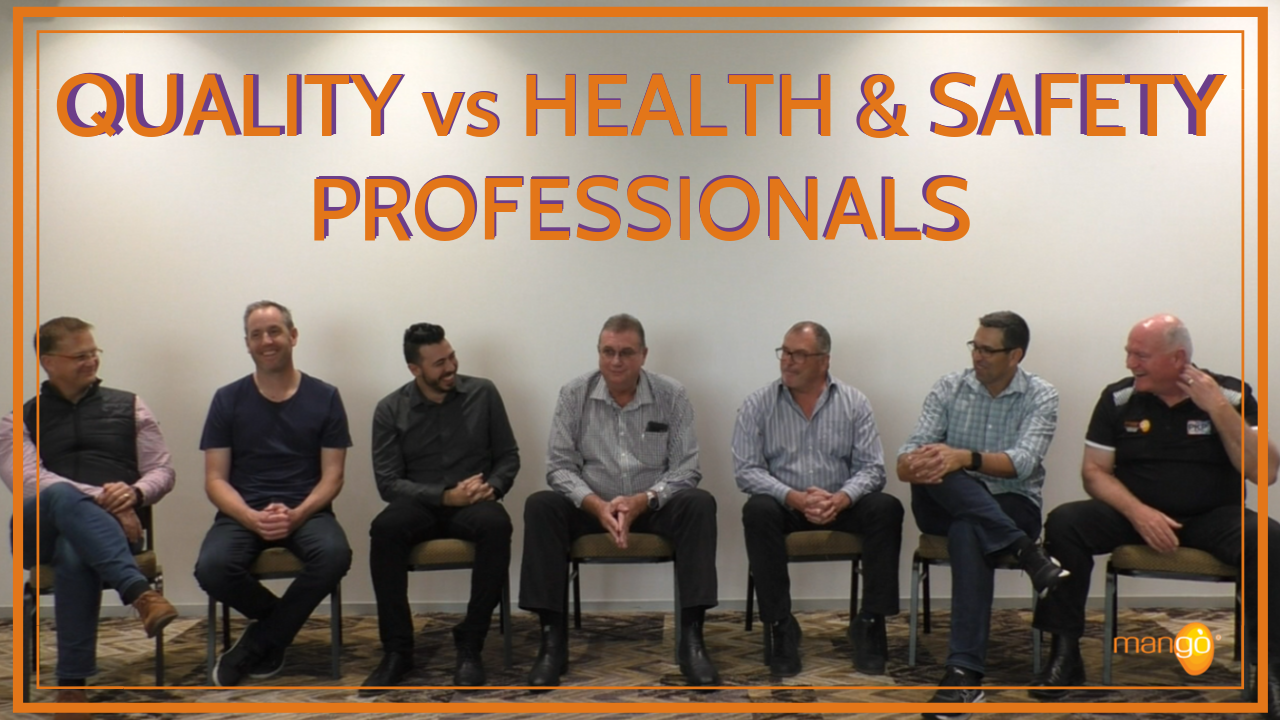In my travels I encounter many managers who believe that staff – in particular frontline staff - have little to offer their QMS. It’s a shame because an organisation’s staff is by far its biggest QMS asset. So, when building your QMS, you need to bring your staff on the journey with you.
Think about it - staff know processes inside and out. Many of them were probably working there years before most of the senior management team (SMT). They’ve seen management fads become hot, then disappear without trace. They know what goes wrong. They see patterns.
They know exactly who in their organisations is lacking in training or experience. They know which people really have a grip on things, those individuals who can quickly and precisely cut to the heart of a problem. Newer staff also have much to offer – they have seen how things worked (and didn’t work) on the factory floors of your suppliers or competitors.
And yet…few Quality Managers ever ask staff what they think, know, or see. Once a year during an audit they might ask a few staff a question or two. But for the most part, their staffs’ knowledge and experience is never drawn upon. Instead, managers tend to spend most of their time talking with each other, or asking questions of their peers on sites such as LinkedIn.
I was reminded of this the other day when talking with a colleague who is a Quality Manager of a local factory. When he first started at his job, he was knowledgeable about QMS, but he lacked any practical experience. He was a young guy starting out, and his challenge was big – he had to introduce a new quality management system into an established manufacturing site.
If that wasn’t tough enough, he had a spanner in the works in the shape of an older guy who had worked at the place for years. This man had influence, but he also didn’t give a damn about QMS. And not only didn’t care, he was also a master at bucking the system, at subtly and not-so-subtly undermining any attempts at change. He was belligerent. He was intimidating. He had the potential to stop the QMS in its tracks.
My colleague’s response was simple – he went to the "Gemba". In other words, he went to seek the truth. He walked the manufacturing floor every day, and each day made a point of talking with this man. They discussed the man’s fears (that he might lose his job, that he might be asked to do things that he couldn’t do, that he might be made to look a fool). They talked about the principles behind QMS, and about the various issues the employees had with it. My colleague asked a lot of questions, and did a lot of listening.
Over many weeks, the older man learned that he could trust my colleague, and with that, his behaviour did a 180 degree turn. The belligerent, negative QMS-hater turned into a staunch advocate of the system. The man who had been against the very idea of QMS became its very vocal cheerleader amongst the other employees.
My young colleague gained a lot of respect from the other workers and from management for being able to turn around such an influential naysayer. The QMS has gone from strength to strength, and is deeply embedded into the organisation. The company has achieved ISO 9001 certification and is regarded as the leading QMS amongst its corporate group. It could have so easily been a different story.
How do you get engagement and involvement?
- Walk the gemba – every day talk with (at the very least) one frontline staff member. Ask open questions (i.e. questions that start with “how”, “why”, or “tell me about…”). Listen to the answers as if your life depends on it.
- Put together a quality team or council to develop the QMS processes. Put key staff on that team. Don’t underestimate the desire of people to learn new skills, or their need to vary their day or expand their CV.
- Train this team in the principles of the QMS.
- Once trained, teach them skills in how to communicate the QMS. This could be via documentation, conducting meetings, speaking in front of groups, leading improvement projects and so on.
- If you are documenting the system, get people to draft or approve the documents.
- Have your QMS team train others.
- When you carry out audits, be sure to carry out plenty of in-depth interviews with staff. Again, open questions should be your tool of choice. Deming again – “If you do not know how to ask the right question, you discover nothing”.
- Many intelligent, resourceful and observant people don’t have any higher education. Don’t be a snob about who you engage with. Deming once said “I am forever learning and changing”. Follow that example and learn from the people you work with.
Remember in a QMS it’s not what you do once a year that matters – it’s what you do on a daily basis that creates, shapes and drives your system.
Only good things can come from engaging your staff. If staff are involved, they are more likely to take ownership of the QMS and hold each other to account. So make the most of your organisation’s assets, and be sure to engage your people, every... single ... day.
To view previous blogs in this series "How to Implement a QMS and Achieve ISO 9001 Certification":
How to Implement a QMS and Achieve ISO 9001 Certification - Part 1: Introduction
How to Implement a QMS and Achieve ISO 9001 Certification - Part 2: Customer Focus
How to Implement a QMS and Achieve ISO 9001 Certification - Part 3: Leadership
.png?width=200&height=51&name=image%20(2).png)





